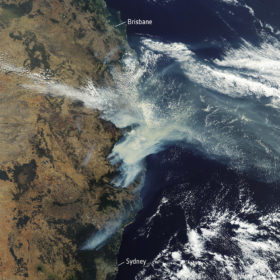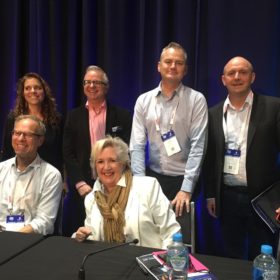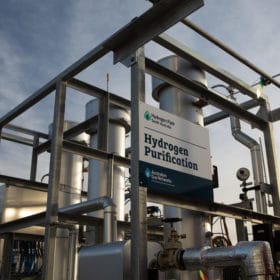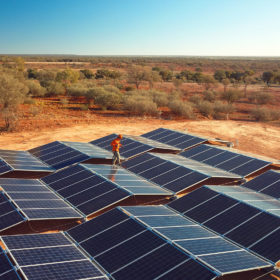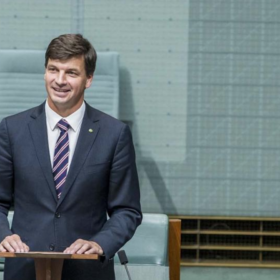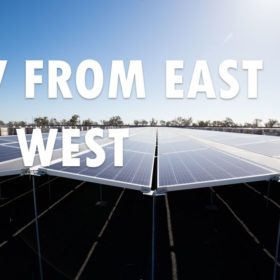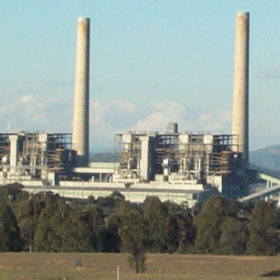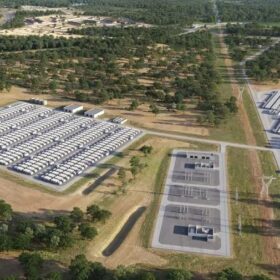Weekend read: behind Australia’s green swell
In May, Australia voted out its conservative government, which had held power for almost a decade. Instead, it turned to Labor, female independents, and minor parties with far greater climate ambitions. In short, it shifted to an entirely different approach to politics.
It’s 2030 and Australia’s energy landscape looks like…
As part of the Smart Energy Conference held in Sydney last week, the Smart Energy Council’s Scott Hamilton ran a session on Australia’s hypothetical energy landscape in 2030. This is how panelists Simon Holmes á Court, Jane Caro, Richard Denniss, Karrina Nolan and Professor Iain MacGill think we’ll be living at the decade’s close.
Australia needs a green hydrogen target
A renewable hydrogen target will spur massive investment, bringing the cost of the ‘God Molecule’ down the cost curve, and helping to secure Australia’s future in this century of decarbonisation.
5B’s modular expansion plans boosted by bigwig investment
5B, the Sydney-based modular solar manufacturer has successfully completed its most recent $12 million funding round, and along with the continued support of existing investors, the clean technology company also received investment support from former Australian Prime Minister Malcolm Turnbull and Smart Energy Council Director Simon Holmes à Court.
Taylor bets $18 billion on emissions technology, ignores own hot air
Federal Minister for Energy and Emissions Reduction Angus Taylor address the National Press Club on Tuesday with his First Statement on the Morrison Government’s Technology Investment Roadmap. While hydrogen, storage and electric vehicles get a look in, the Morrison Government is also looking for ways to artificially substantiate its gas-led recovery.
Part 2 – South Australia: The nation’s renewable energy superstar
From an energy-hungry importer to a frontrunner in the decarbonization race, South Australia has set the bar high for how to efficiently transition to a low-emissions grid dominated by renewables. With wind and solar already supplying more than a half of its electricity, the state’s energy transition shows no sign of letting up. In fact, South Australia is gearing up to accelerate the pace of its clean energy transition and expand its big PV fleet as it moves toward its 2030 target of “net” 100% renewables.
AGL Energy profit jumps thanks to soaring power prices
Amid the intense discussion surrounding the National Energy Guarantee’s promise to cut power bills by $550 a year, Australia’s biggest power producer has reported its full year profit almost trebled, and its underlying profit rose by nearly a third.
